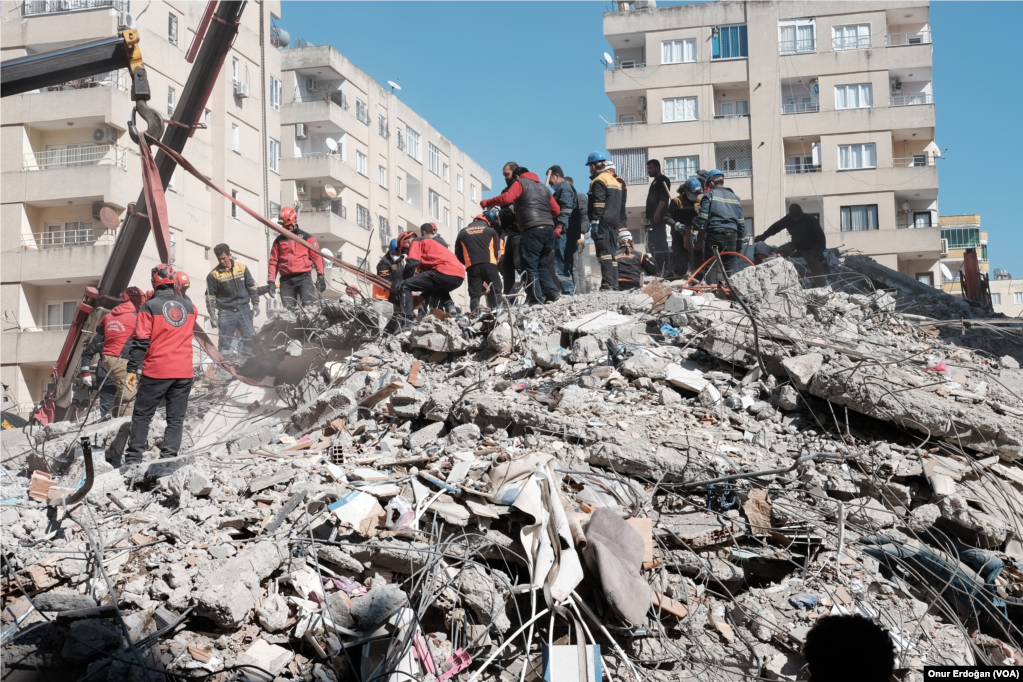 SECURITY
SECURITY
 SECURITY
SECURITY
 SECURITY
SECURITY
Russian government-linked hacking group Killnet has claimed responsibility for distributed denial-of-service attacks that disrupted North Atlantic Treaty Organization earthquake relief operations in Turkey and Syria.
An earthquake with a magnitude of 7.8 struck the region on Feb. 6, causing widespread damage and death. The death toll from the earthquake is currently estimated to be at least 36,000 people, but that figure is likely to increase in the coming days as more bodies are found amid the destruction in both countries.
The overwhelming majority of countries, including Turkey’s long-standing rival Greece, are providing humanitarian relief, but not so Russia, who has instead thought it was acceptable to disrupt NATO relief efforts. Even amid a dirty war in Ukraine with multiple reports of civilian massacres, interfering with earthquake relief efforts with tens of thousands of civilian deaths is a new low, even for Russia.
The Killnet DDoS attack took down numerous websites, including NATO Special Operations Headquarters in Belgium and the Strategic Airlift Capability, which NATO uses to provide military and humanitarian airlifts. According to The Telegraph, SAC aircraft are currently being used to transport search and rescue equipment to the earthquake-stricken area.
In one direct incident caused by the attack, SAC was unable to communicate with a C-17 aircraft while it was in flight due to network disruption. Fortunately, the plane later landed safely.
“This is a sad reminder of how cyberattacks do not always have to result in a breach to be successful,” Avishai Avivi, chief information security officer at breach and attack simulation solutions company SafeBreach Inc., told SiliconANGLE. “We’ve gotten used to all the breach stories as the only way cyberattacks work. In this case, the relatively primitive distributed denial of service of NATO disrupted their ability to provide aid missions.”
Avivi described the Killnet attack as an upsetting example of how a cyberattack can impact real life and that although there was no breach of NATO systems, the fact that the services were disrupted most likely resulted in lost lives in Turkey.
“We know that Russia opposes NATO and its support of Ukraine, and this can be seen as a retaliatory attack by the Russia-affiliated Killnet,” Aviva added. “Considering that Turkey is one of the only NATO members still somewhat in support of Russia, this wasn’t the smartest move by Russia.”
Support our mission to keep content open and free by engaging with theCUBE community. Join theCUBE’s Alumni Trust Network, where technology leaders connect, share intelligence and create opportunities.
Founded by tech visionaries John Furrier and Dave Vellante, SiliconANGLE Media has built a dynamic ecosystem of industry-leading digital media brands that reach 15+ million elite tech professionals. Our new proprietary theCUBE AI Video Cloud is breaking ground in audience interaction, leveraging theCUBEai.com neural network to help technology companies make data-driven decisions and stay at the forefront of industry conversations.